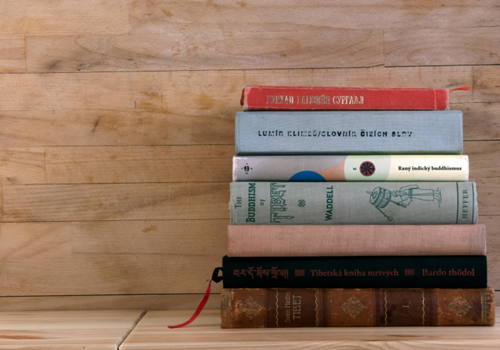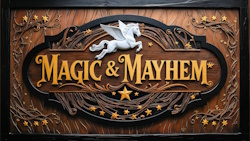
With the rise of tablets and other e-readers, some are starting to pronounce the traditional hard back book as dead. As new versions of e-readers like the Kindle become more advanced, the noise about the death of books becomes louder.
Are we really part of the last generation to be able to purchase, own and consume paper books at will? Here are a few reasons why many think we are:
Book shops dwindling
In a world where we can buy things at the click of a button, many high street and independent retailers suffer as a result. In 2011 American book retailing giant Borders closed its doors for good, despite being the prime retailer of books in both the UK and USA (alongside its parent group Barnes & Noble). A lot of this was attributed to the fact that as well as there being fewer people actually reading hard back books, those who did want to read solid printed books usually bought their desired books online. Retailers like Amazon, who are a one stop shop for almost any need you have, took the custom from shops as consumers could buy books here at the same time as making any other purchase. The convenience factor plays a big role here, especially at peak retail times like Christmas. Not only that, retailers like Amazon are able to offer books both used and new at a much lower price than book shops as there are no store overheads, not to mention free delivery on orders of a certain cost, meaning the consumer isn’t put out by ordering this way so it becomes less of an issue that they may not get to open their book for a couple of days.
And so with less book shops comes less need to print as many books overall. However Amazon has contributed to the death of print in a much bigger way.
The rise of e-readers
The first Kindle launched in November 2007 and in the last 7 or so years the device by Amazon has gone from strength to strength with each new model which has been released. The small sleek design, roughly the same size as a paperback but far lighter, proved appealing for those who love to read at any opportunity. Both a popular space saver in your handbag, suitcase and in your home, the Kindle breathed a whole new lease of life into the hobby that is reading. Soon many different brands of e-reader cropped up, offering all the same benefits as a Kindle.
As a result, e-readers and in turn e-books then became popular, fashionable and affordable. As e-books don’t have to be printed and delivered to a store, the cost to produce and sell them then becomes much less than an average paperback or hardback. This means that e-books can sell for much less, and in quite a lot of instances you’ll find e-books for free available in most e-reader libraries. Therefore although you pay an initial expense with an e-reader, it becomes more cost-effective in the long run to enjoy reading this way, which then drives down the need for as many printed books.
The digital world
Although e-readers make up a large part of the digital world, our whole attitude and adoption of the digital technology available to us is another contributing factor to the death of printed books. For example, with an e-reader you can buy a book directly from the library and have it added to your device in seconds. You could have an account linked to your bank details or you may opt to use a payment method like PayPal, but either way, the transaction is almost instant and you can enjoy your books in minutes.
But it’s not just books we can consume in the digital world or even on our Kindles any more. Now you can pay your bills, play games, gamble and so much more too.
With all these factors considered, it’s easy to see why it looks like the death of printed books is near.

Indulge in fantastic tales of sword, sorcery, and alchemy today by joining thousands of readers like yourself who can't get enough of Scott Marlowe's
"intense" storytelling and "skillfully written" adventures. You'll get two free stories, The Hall of Riddles and The Assassin's Dilemma, just for signing up.